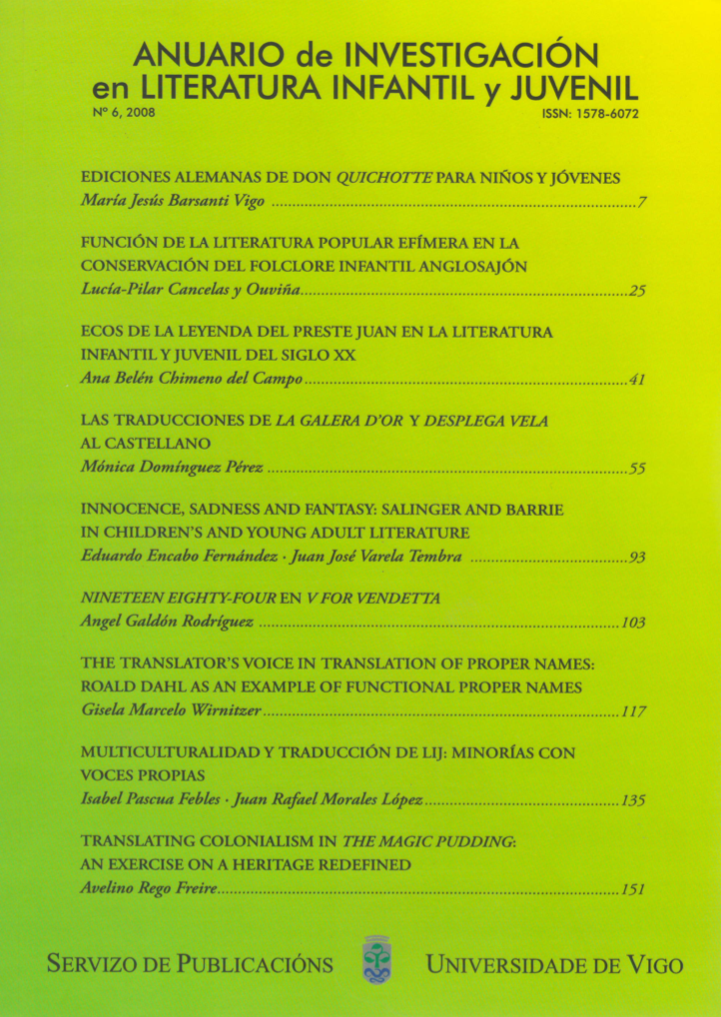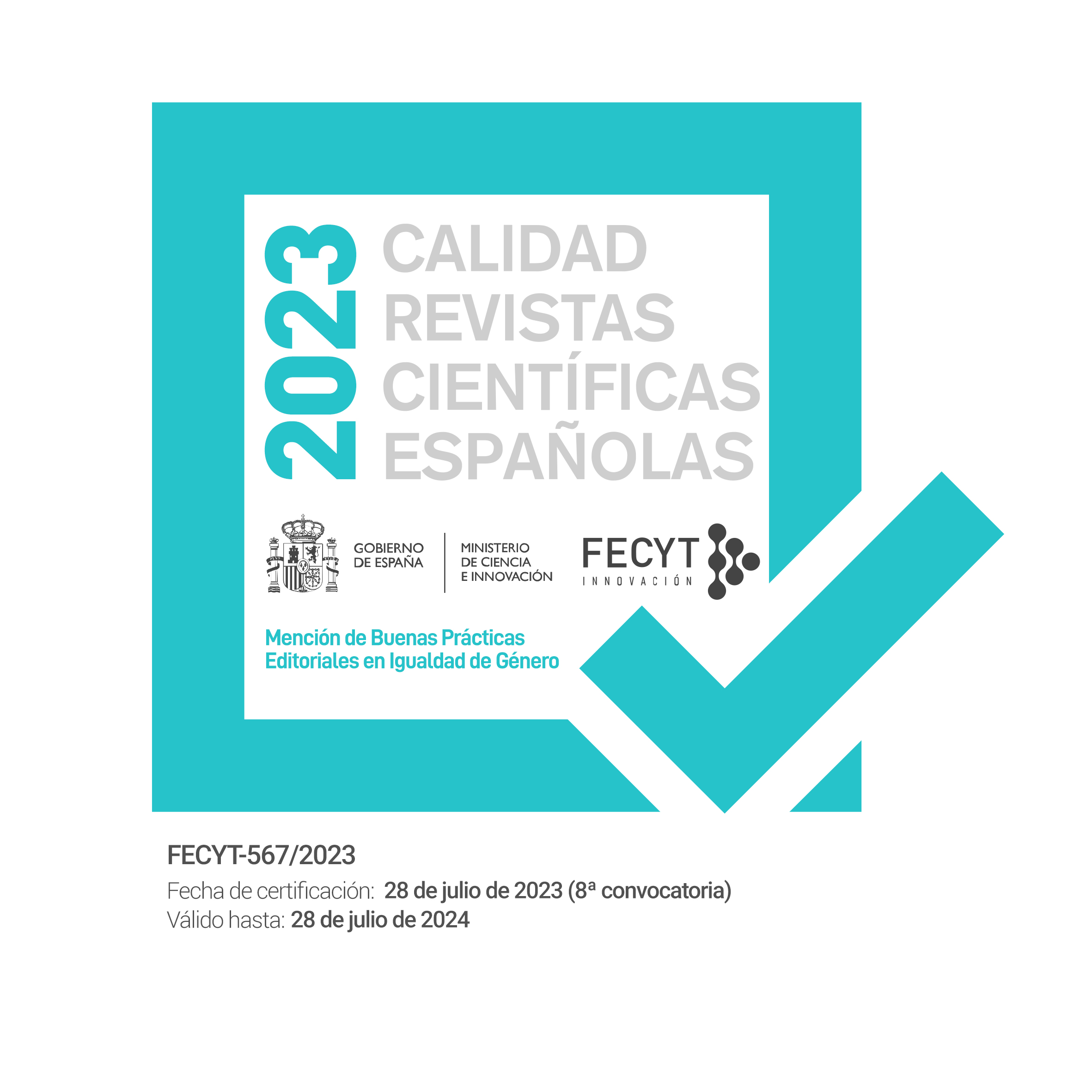Translating colonialism in The Magic Pudding: an exercise on a heritage redefined
Keywords:
Australian literature, aborigines, cultural translations, colonialism, Orientalism, Australian landscape, customsAbstract
From its inception, Australian Literature has tried to demonstrate that Australian national character and Australian identity have been highly influenced by British cultural patterns. Australia literature shows how Aboriginal people were forced to adopt European-style ways of life. It also illustrates how Aboriginal children were taken to far off residential schools, estranging them from their language, traditions and communities. This traumatic episode might explain why, from 1901, there have been many authors interested in children's literature. Books for Australian children relate how British colonization settled and developed in Australia; at the same time they highlight how both Australian and British loyalties were mingled.
Classic works were written by Ethel Turner, Ehel Pedley, Amy and Louise Mack, May Gibs and Mary Grant Bruce. However, Norman Lindsays 7he Magic Pudding (1918) became standard fare for generations of Australian children. The purpose of my paper is to show how Lindsay's The Magic Pudding translates in an ironical way the colonial heritage of his country into a tale. In doing so the author focuses on how both Australian and English cultures could coexist. Needless to say that Australian cultural landscape occupies in Lindsay writings a privileged position, being his own culture. Through both cultures, readers can identify references to the Australian and the British world, which are interwoven within the text, as translations of the imposed colonial manners.
Downloads
Downloads
Published
Issue
Section
License
Anuario de Investigación en Literatura Infantil y Juvenil has been published in open access from 2019 (vol. 17). The journal allows the authors to retain publishing rights. Authors may reprint their articles in other media without having to request authorization, provided they indicate that the article was originally published in Anuario de Investigación en Literatura Infantil y Juvenil. The journal holds the copyright of printed issues (volumes 0-16).





